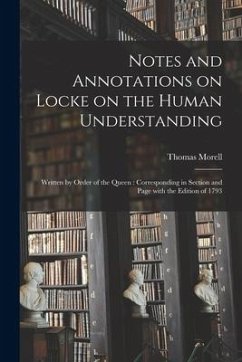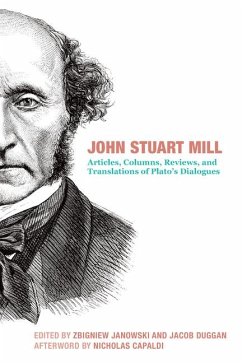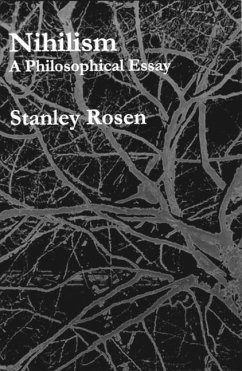Nicht lieferbar
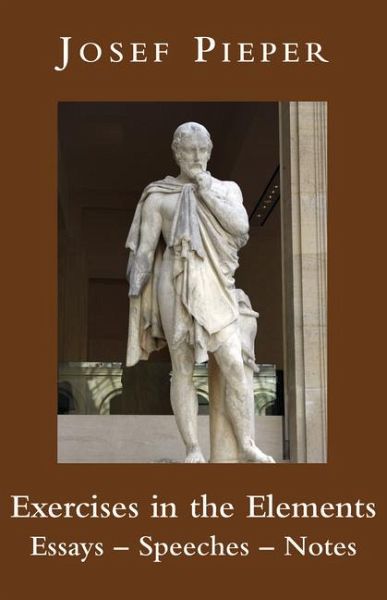
Exercises in the Elements: Essays, Speeches, Notes
Versandkostenfrei!
Nicht lieferbar
"This title, which at first sight seems curious, shows Pieper's philosophical work as rooted in the basics. He takes his inspiration from Plato - and his Socrates - and Thomas Aquinas. With them, he is interested in philosophy as pure theory, the theoretical being precisely the non-practical. The philosophizer wants to know what all existence is fundamentally about, what "reality" "really" means. With Plato, Pieper eschews the use of language to convince an audience of anything which is not the truth. If Plato was opposed to the sophists - among them the politicians - Pieper is likewise oppose...
"This title, which at first sight seems curious, shows Pieper's philosophical work as rooted in the basics. He takes his inspiration from Plato - and his Socrates - and Thomas Aquinas. With them, he is interested in philosophy as pure theory, the theoretical being precisely the non-practical. The philosophizer wants to know what all existence is fundamentally about, what "reality" "really" means. With Plato, Pieper eschews the use of language to convince an audience of anything which is not the truth. If Plato was opposed to the sophists - among them the politicians - Pieper is likewise opposed to discourse that leads to the "use" of philosophy to bolster a totalitarian regime or any political or economic system. A fundamental issue for Pieper is "createdness." He sees this as the fundamental truth of our being - all being - and the fundamental virtue we can practice is the striving to live according to our perception of real truth in any given situation. The strength and attraction of Pieper's writing is its direct and intuitive character which is independent of abstract systematization. He advocates staying in touch with the "real" as we experience it deep within ourselves. Openness to the totality of being - in no matter what context being reveals itself - and the affirmation of all that is founded in this totality are central pillars of all his thinking. Given the "simplicity" of this stance, it is no surprise that much of it is communicated - and successfully - through his gift for illustration by anecdote. Like Plato, this philosopher is a story-teller and, like him, very readable."--






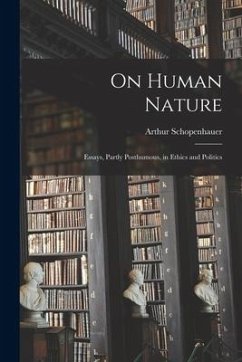
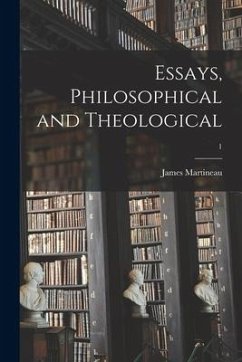


![The Philosophy of Hobbes in Extracts and Notes Collated From His Writings [microform]; Cover The Philosophy of Hobbes in Extracts and Notes Collated From His Writings [microform];](https://bilder.buecher.de/produkte/64/64536/64536013n.jpg)
